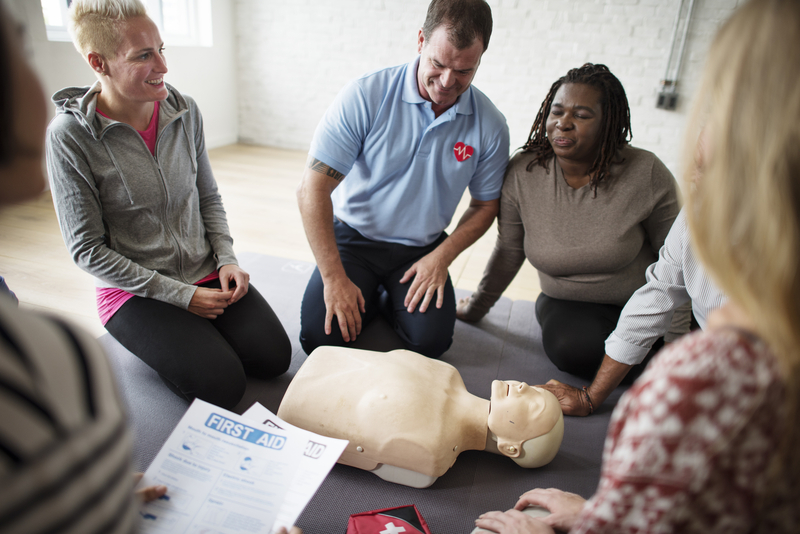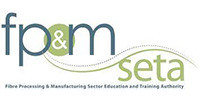As is the case with some of the other lines of work we have covered, agriculture can be dangerous and the benefits of completing a first aid course should not be overlooked. It often involves working with heavy machinery, animals, and hazardous chemicals, meaning that if one is not cautious, serious accidents can easily occur.
A first aid course offers students the know-how necessary to avoid dangerous situations and teaches the best course of action if unfortunate injuries do happen. Often, farms or smallholdings are not within a short distance of a hospital – which further enhances the importance of this training. Let’s have a look at the reasons why we believe a first aid training is essential and the ways in which it could save someone’s life.
The Potential Dangers Of Agricultural Work
At EMCARE, our aim is never to worry or scare those that work in the industries we cover. Rather, it is to inform individuals about what can happen so that they might be better prepared. Agriculture can be inherently dangerous, but only if the proper precautions are not taken. Perhaps the most significant danger would be the use of heavy machinery and equipment, which can result in major injuries or even fatalities in serious cases.
Farm workers can also be exposed to certain pesticides or fertilizers that can be potentially hazardous. If these are mishandled, it can lead to long-term health issues or poisoning. A first aid course will help workers and farmers better understand how to handle these dangerous mixtures and what to do if something goes wrong.
Agricultural workers may also be exposed to unpredictable weather conditions, including lightning, hypothermia, or heatstroke. These unfortunate eventualities are more common than you might expect, and it is important that workers are able to assist each other and feel confident enough to perform these labour-intensive tasks.

6 Ways That Completing A First Aid Course Can Make Agricultural Work Safer
We encourage everyone to complete some level of first aid training because the peace of mind it can provide is substantial. Here are six reasons why you should consider first aid training for your staff in agriculture:
- Quick Response Time – Agricultural work goes hand in hand with machinery, tools, and animals – all of which can cause major injuries. First aid training provides the knowledge necessary to assess and respond to injuries quickly, allowing for immediate care which will assist in preventing further deterioration or complications for the victim. The quicker the response time is, the better the chances of recovery are.
- Control Bleeding – Injuries that result in bleeding, cuts, or punctures, are common in agricultural work. A first aid course teaches students ways in which to control bleeding, like using dressings, applying pressure, or using tourniquets. This kind of information can be the difference between life and death in certain situations.

-
Responding to Respiratory Issues – Farm workers may find themselves in situations where they have been
exposed to dangerous chemicals, have inhaled copious amounts of dust, or are experiencing another form of
respiratory distress. First aid training will equip students with techniques like CPR and rescue breaths,
allowing them to help those around them if they are having difficulty breathing. These techniques can hugely
increase the likelihood of survival for victims, when utilised correctly. -
Burn Treatment – Agricultural work often involves exposure to various heat sources, chemicals, or
flammable materials, greatly increasing the risk of burns. First aid training provides knowledge on
assessing burn severity, applying appropriate dressings, and proper cooling techniques. Prompt first aid can
minimise pain, prevent infection, and facilitate the healing process. -
Responding to Cardiac Emergencies – Agricultural work can be especially physically intensive, which can
mean that the risk of cardiac arrest or heart attacks is heightened. First aid training teaches the proper
ways to use CPR and the initial signs of possible heart issues. -
Anaphylaxis and Allergic Reaction Response – Agricultural workers could come into contact with possible
allergens, including chemicals, plants, or insect bites – these are all capable of triggering intense
allergic reactions. A first aid courses teach workers how to recognise and respond to these emergencies,
like maintaining an open airway and monitoring vital signs. Quick and informed first aid intervention can
prevent the escalation of allergic reactions and can help save someone’s life.
The Importance Of Completing A First Aid Course When In Remote Areas
Another extremely good reason to consider doing first aid training for agricultural work is that farms or smallholdings are often far from professional medical assistance or hospitals. In these types of rural settings, medical help is hard to come by, making the knowledge and application of skills learnt in a first aid course all the more crucial for agricultural workers.
Injuries and accidents can occur at any time, these can include falls, equipment-related injuries, chemical exposures, or animal bites. In any case, being able to provide adequate first aid can ultimately save someone’s life. A first aid course teaches workers and farmers all the skills necessary to assess injuries, stabilise fractures, control bleeding, and successfully manage emergencies until medical professionals arrive.
Additionally, the response time for ambulances and other medical services can be painfully long in comparison to busier urban areas. This time is absolutely critical, and the proper application of techniques learnt in a first aid course can reduce pain, prevent the victim’s condition from worsening, and possibly save lives. A first aid course provides students with the confidence they need to act swiftly and efficiently during medical emergencies, minimising the possible impact of illnesses or injuries and increasing the chances of positive outcomes.
We hope that we have encouraged you to consider first aid training for yourself or your staff in agriculture! The benefits cannot be overlooked, and it could allow for a much greater chance of recovery and survival in many situations. At EMCARE, we are extremely confident in our ability to inform and teach the correct approach to first aid.















